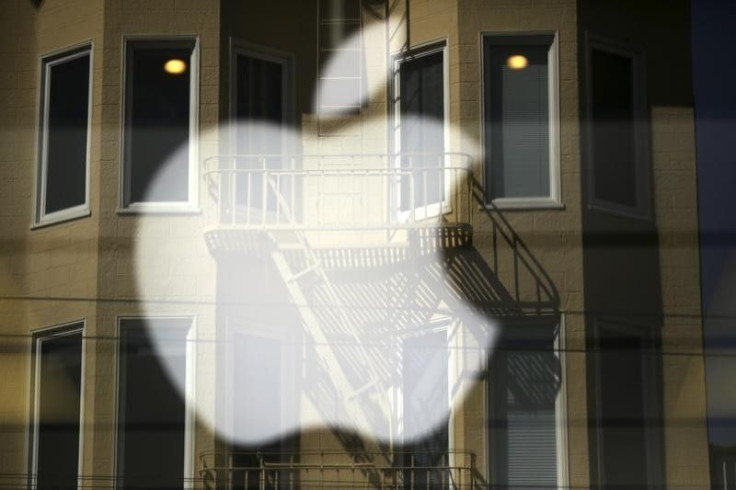Paypal Takes a Dig at Apple Pay: Advertises in Leading Newspapers
Security of Apple Pay a Big Question

Apple pay is making news with its secure payment system. After the breach of privacy on iCloud the leaked nude photos of several celebrities has left some people weary of their security system. Especially, Paypal the online payment firm slammed Apple for their new mode of payment.
On Monday Paypal published an advertisement questioning the security of Apple Pay in leading newspapers The New York Times, U.S.A. Today and San Francisco Chronicles. The advertisement indicated the security lapse in iCloud that caused the leaked nude selfie photos.
The advertisement read "We the people want our money safer than our selfies, PayPal protecting the people economy," coaxing the readers to "download the Paypal app and make payment with just one touch."
Apple Pay was released along with the iPhone 6 and iPhone 6 Plus last September 9. The payment system works in a very unique way. The user has to wave his iPhone in front of a contactless payment station to make his payments doing his shopping or while eating at a restaurant. This system will be soon accepted in major outlets. Apple Pay will be available free as an update to the new iOS 8 in the month of October.
To set up Apple Pay the user has to add his card number to the PassBook app, the device will then create a unique Device Account Number for that card and will encrypt it. This will be stored in a chip on the device. When the user wants to pay through this system the unique Device Account Number along with the transaction specific security code will be used to process the payment. At no time during the transaction will the original debit or credit card number be shared.
In case the device is stolen, misplaced or lost the user can use Find My iPhone to stop all payments. Many experts in the security business are actually optimistic and excited about this new mode of payment.
However, that being said no system whether its Paypal or Apple Pay will keep hackers at bay from trying to breach security.






